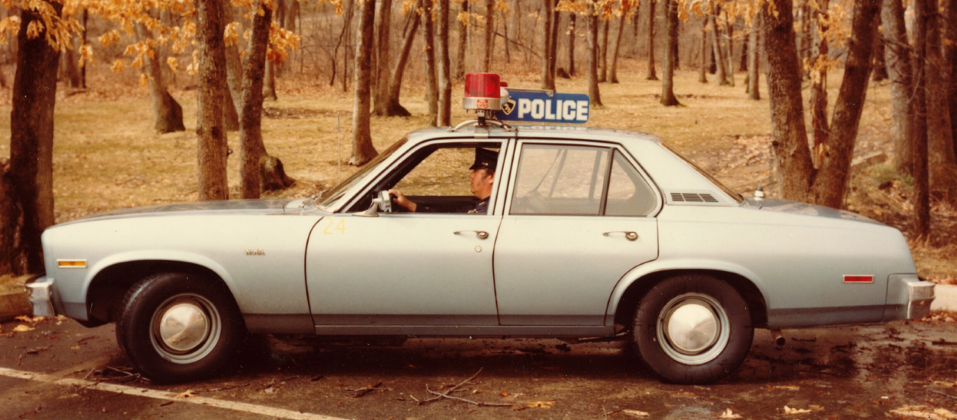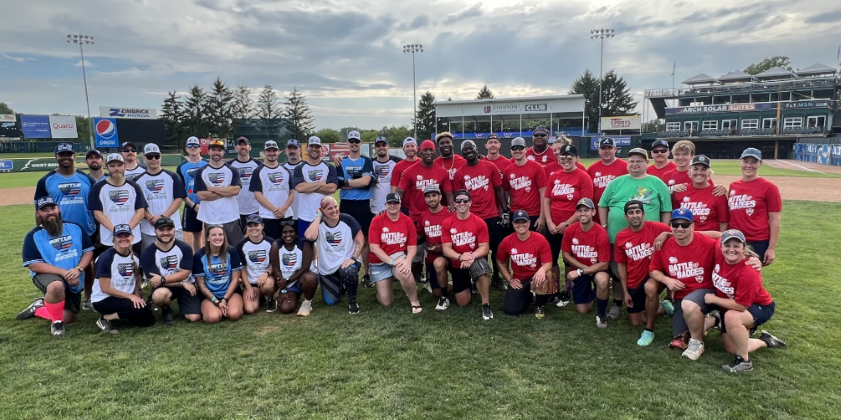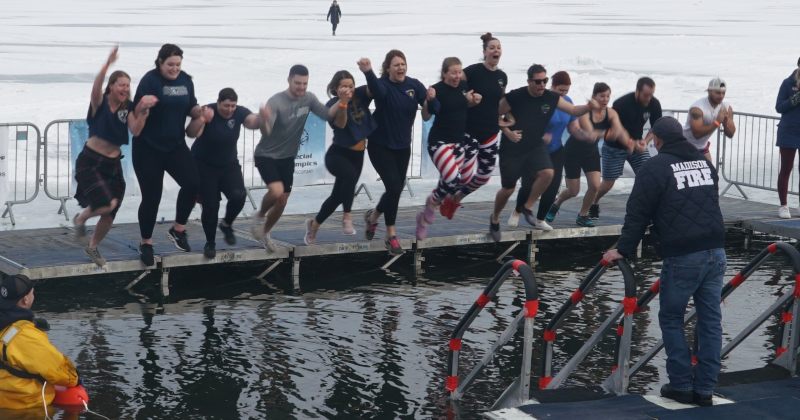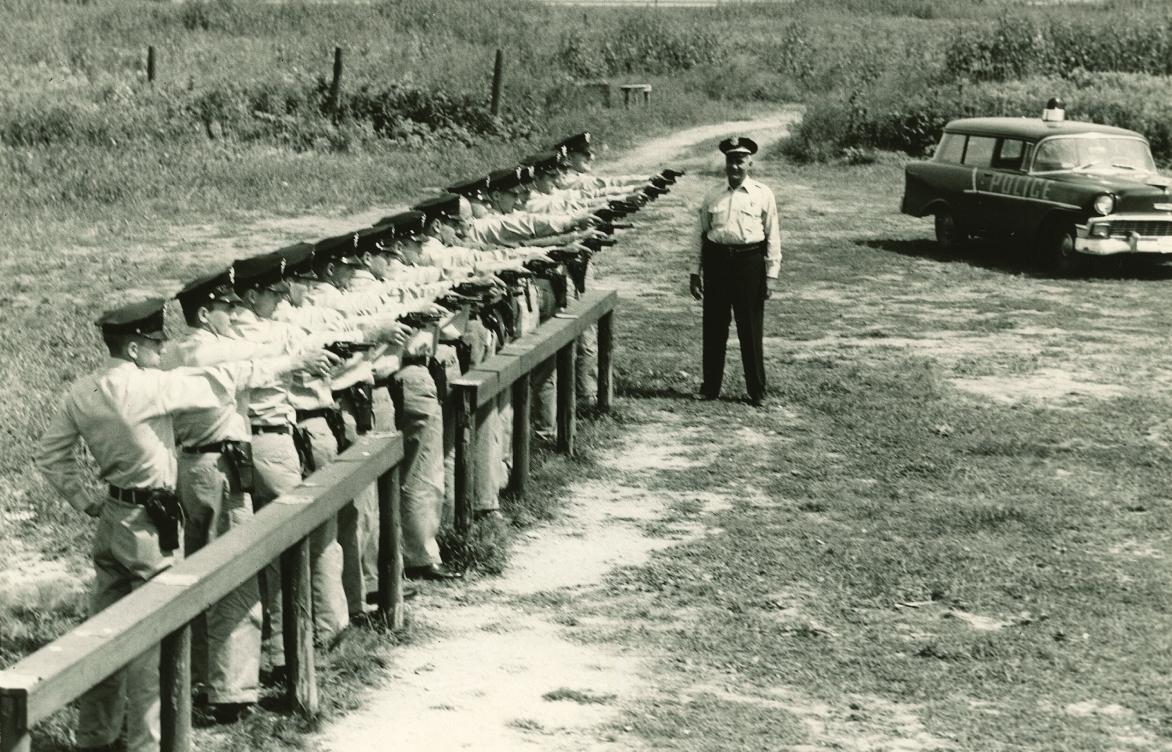Madison Professional Police Officers Association
Serving Madison's Finest Since 1927




MPPOA HISTORY
Labor Unions are defined as an organized group of workers formed to protect and further their rights and interests. They come in many forms and structures, and have a long history in the private sector which isregulated by federal law. A major setback for the creation of labor unions for police was the Boston Police Strike of 1919. Boston Police Officers at the time experienced horrible working conditions including no raises for over a decade, filthy quarters, and having to purchase their own uniforms even after they were destroyed in the course of duty. Their salary was the equivalent to $25,200 in 2023. The commissioner refused to bargain with the union and fired the union leadership, so officers went on strike leading to riots and looting. After order was restored by the Massachusetts State Guard, the striking officers were not re-hired. This event damaged the cause of labor unions in the opinion of the public and set back collective bargaining in the public sector.
In response to their inability to organize through traditional contract negotiations, police officers across the country began to form benevolent and fraternal organizations to serve as legal and social support as well as political advocates. These organizations often were able to support officers without threatening the paramilitary command structure police chiefs wanted to maintain. It was in this this vein that the Policemen’s Protective Association (PPA) was formed on July 26, 1927 in Madison, created to defend its members from civil or criminal actions as well as provide sickness and death benefits to its members. In 1932 the PPA became the Local #1 of the Wisconsin Professional Police Association (WPPA).
Wisconsin was the first state to legalize public sector collective bargaining statewide in 1959. Police were finally able to get collective bargaining rights in the 1970s, but like most public safety collective bargaining laws, Wisconsin's was structured differently than other public sector employees, outlawing strikes due to the public safety risk and instead implementing a mediation and arbitration process for contractual disputes. These changes, along with the deindustrialization of the 1980s led policing to become one of the more highly unionized jobs in America and one of the most accessible paths to the middle class.
As these larger changes occurred the PPA made some changes of its own; becoming the Madison Professional Policemen's Association in 1962, then adopting its current title in 1981 in order to better represent the growing number of female officers. Unfortunately, the attack on public sector unions of the 2010s made advocacy more difficult. Although Wisconsin police unions were exempt from the full force of Act 10, lesser known laws like Act 32 and the Janus decision greatly restricted the ways MPPOA could support its members. Nevertheless, MPPOA and WPPA continue to work to move the policing profession forward.

IMPROVE THE WORKING CONDITIONS FOR OFFICERS IN THE FIELD
As law enforcement becomes an increasingly complex occupation, MPPOA will always advocate for additional training and better equipment for the men and women who serve our great city.
ADVOCATING FOR FAIR, OBJECTIVE & MERIT ORIENTED PROMOTIONAL PROCESS
MPPOA believes that taxpayers and residents of the city of Madison deserve highly qualified, diverse, and well-educated detectives, sergeants, and investigators.
IMPROVE MADISON'S QUALITY OF LIFE
MPPOA has contributed to several non-profit organizations, including Special Olympics, Capitol K-9, Safe Harbor, the American Red Cross, as well as many other viable and worthwhile organizations.


